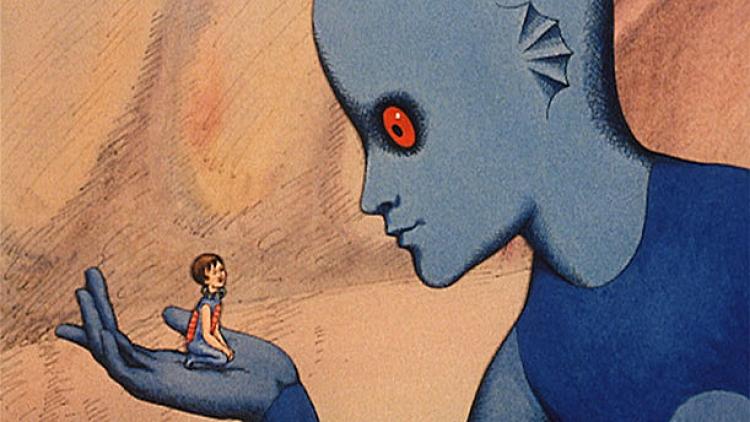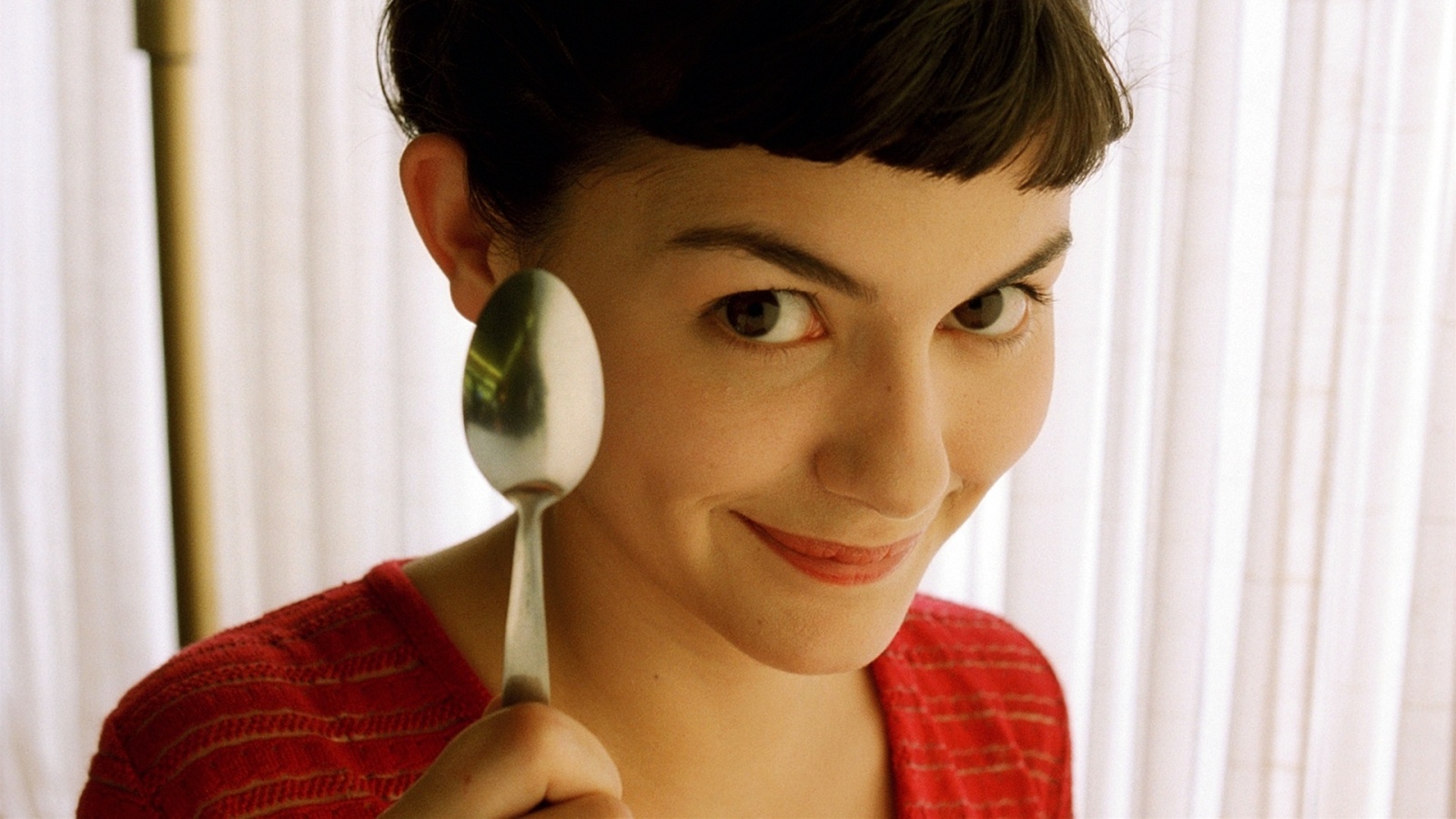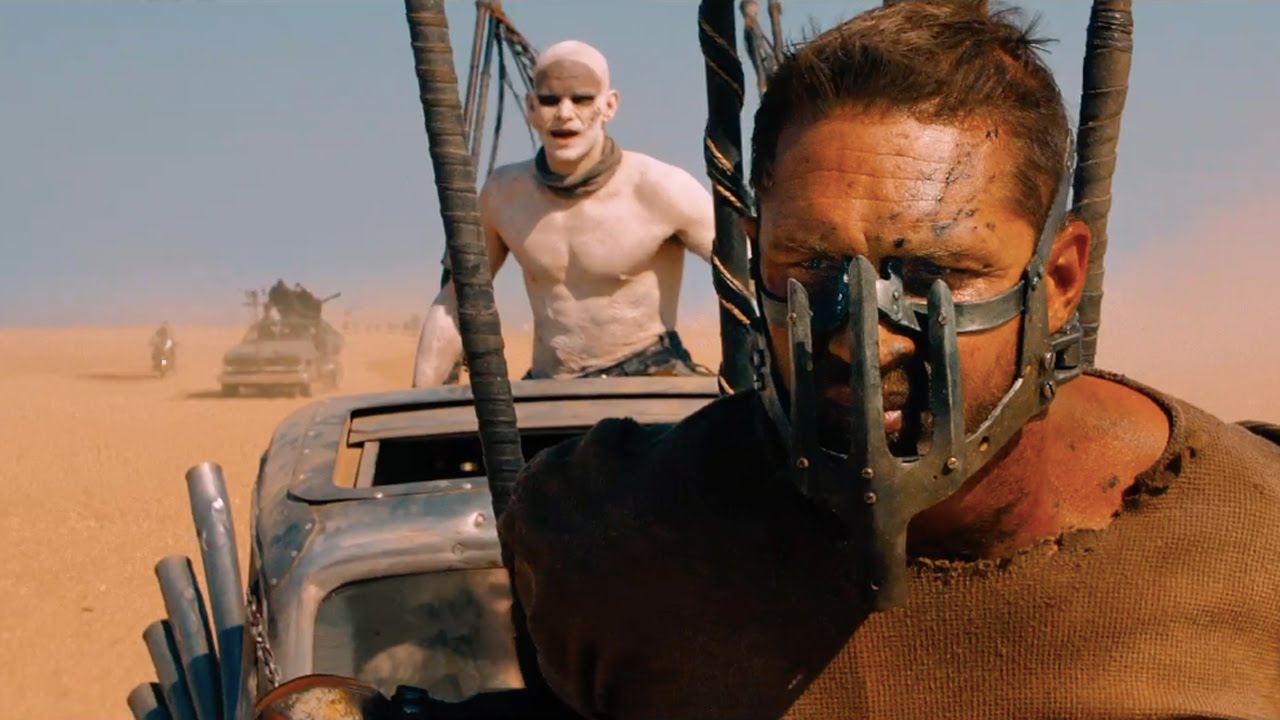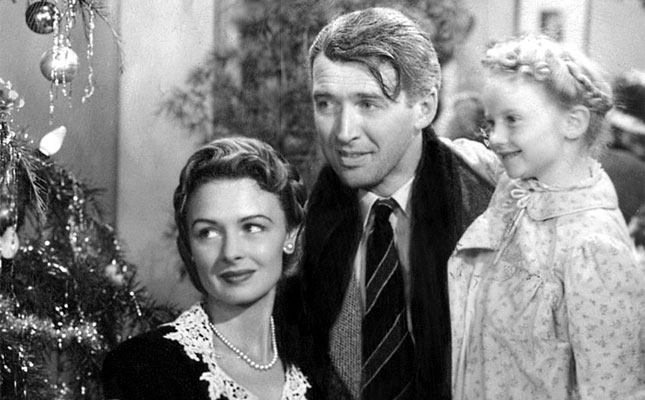5. Fantastic Mr. Fox

Wes Anderson’s foray into the wonderful world of animation has proven to be a worthy addition into his practically pristine filmography and quite frankly, isn’t a huge departure from his usual distinctive visual style.
Roald Dahl’s classic children’s tale couldn’t have been in better hands than it did in Wes Anderson’s. Anderson’s unique style is so freakily apt for the world of animation that it managed to craft a brilliantly vibrant world on screen that very well seemed to have sprouted straight from the pages of the book it originally came from.
The adaptation is not only faithful, capturing all the quirks and intricacies of Dahl’s writing and translating that language on screen, but it adds just that right touch of flavor that fans of Anderson’s other work are so accustomed to that gives Fantastic Mr. Fox the undeniable sense of brilliance that is has.
Everything about that film just screams genius, even if it does lack the intellectuality of his live-action works from a narrative standpoint. On all other aspects, Anderson truly performed to the best of his abilities, utilizing the medium of animation beautifully, from the wonderful voice-acting work, to the brilliant use of color to innovative uses of comedy and of course, his trademark visual aesthetic.
Fantastic Mr. Fox is unadulterated cinematic joy at its peak and as a film predominantly targeted at, aside from die-hard fans of Anderson, children, it achieved something so much greater than that mere capacity.
4. Fantastic Planet

One of the more intellectual films on this list and yet another film with the word “Fantastic” in its title, René Laloux’s Fantastic Planet is, as its title suggests, truly a fantastic addition to world cinema that unfortunately was left in relative obscurity among mainstream audiences.
It is truly one of the most visually unique animated films even up until today. The unique art style greatly complements the surreal nature of the film’s story and gives an almost Jodorowsky-esque vibe to the film with every frame resembling the works of famous surrealist painters of old.
Though this film is considerably dark, taking into account its position as an animated, family film, it still possesses a very unwavering atmosphere of sheer, haunting beauty that is sure to alleviate any feelings of negativity among audiences.
The film gives ample room for in-depth philosophical discussions regarding our place as humanity in the grand scheme of things and the absurd nature of the food chain, drawing parallels between our species and the two distinct races presented in the film, personifying the good and bad of human nature.
Such a subject matter would undisputedly result in dark undertones, which the film certainly possesses, but how Laloux chose to interpret such themes is just so incredibly light-hearted from a fundamental standpoint that he manages to make light even out of the darkest of philosophies with Fantastic Planet.
3. Amélie

The most notable work from the surreal savant that is Jean-Pierre Jeunet, and for good reason, Amélie is a masterful tale following the endeavors of a good natured girl, the titular Amélie.
What truly made this film as brilliant as it is is Jeunet’s whimsical nature as a filmmaker. He’s truly a strange but fitting amalgamation of Wes Anderson and Terry Gilliam combined with that notable je ne sais quoi of French Cinema and Amélie is perhaps the best possible example of this statement. Everything in the film plays out like some old-timey children’s fable and there quite frankly has never been a film with that level of pure innovation and whimsicality as in Amélie.
This is a film that doesn’t take itself too seriously from beginning to end while still managing to come across as entirely legitimate and studious in its craft. The color sticks out as so incredibly vivid and the camera moves unlike any other, complementing the equally strange nature of the plot.
Jeunet embraces the peculiarities that come along with the narrative and isn’t shy to express them to audiences, delivering a film that’s both simple and complex in nature and above all else, a timeless addition to the lexicon of French Cinema.
2. Mad Max: Fury Road

An unusual deviation from the other films on this list, George Miller’s revival of the classic Mad Max franchise of the 80s has truly come out on top, almost immediately as an instant classic of not only action cinema, but cinema as a whole.
Mad Max: Fury Road is the gold standard for creating an engaging action film. The plot as simple as going from point A to point B and back to point A again. It has zero bullshit and it doesn’t ever stray away from the high-octane atmosphere established from the beginning of the film. There is hardly any unnecessary moments of drama nor exposition, it knows exactly the kind of film audiences expect and it delivers on that in the most adrenaline pumping 2 hours ever.
Watching Mad Max: Fury Road for the first time on the big screen is an experience akin to sitting on a rollercoaster. Miller truly took action to the next level and turned what essentially was car chases and explosions to a level of poetic art. Most great action films are those that do not take themselves seriously.
However, Mad Max: Fury Road certainly does, and instead of being a forgettable, unintentionally hilarious piece of garbage whose only servitude is as a throwaway piece of “entertainment” to the lowest common denominator, this film leaves every demographic at the edge of our seats.
This is one of the most perfect films to watch when you’re sad just due to the sheer exhilaration you would inevitably experience, giving you that much needed pick-me-up that you would need to get up off your seats and blast your problems into oblivion.
1. It’s a Wonderful Life

No matter the mood you’re in, when it comes to the term “feel good cinema”, Frank Capra’s It’s a Wonderful Life has been, for generations, the penultimate epitome of that class of film.
The film extensively follows the journey of George Bailey, a kind-hearted individual by all accounts, through nearly two decades of his life as we grow to know and love for him as well as the charming individuals that populate his modest hometown of Bedford Falls.
Through the runtime of the film, we essentially go from mere outsiders to his life, to almost an extension of the film – members of that small and tightly-knit community and as the film’s conflict inevitably presents itself. We feel his pain and it’s absolutely devastating to see such a wonderful man which we grown to know be pushed to the absolute limit of his own existence.
And then, in perhaps one of the greatest and most iconic moments of cinema, an angel shows George Bailey what life in Bedford Falls would be like if he was indeed, never born as he had wished in a moment of folly. Through that exploration into the grim alternate reality, Bailey finds a new purpose in life and he soon comes to appreciate his own reality, embracing the problems that come with it.
It’s a Wonderful Life is a film whose plot, practically everyone is familiar with, but nevertheless, it still is a film to be seen at least once. A year. Just to live or relive George Bailey’s ordeal, because if this film doesn’t teach or remind you to be content, to appreciate the little things in life, the beauty of it all, to understand that your problems are ultimately inconsequential in the grand scheme of life, to accept that there are people around you that value you, that love you, nothing will.
Author Bio: Zach Wee is a film student from Singapore. Apart from being an aspiring filmmakerr, Zach has a strong passion for cinema and manages the website of his school’s film club, where he edits and also submits weekly film reviews.